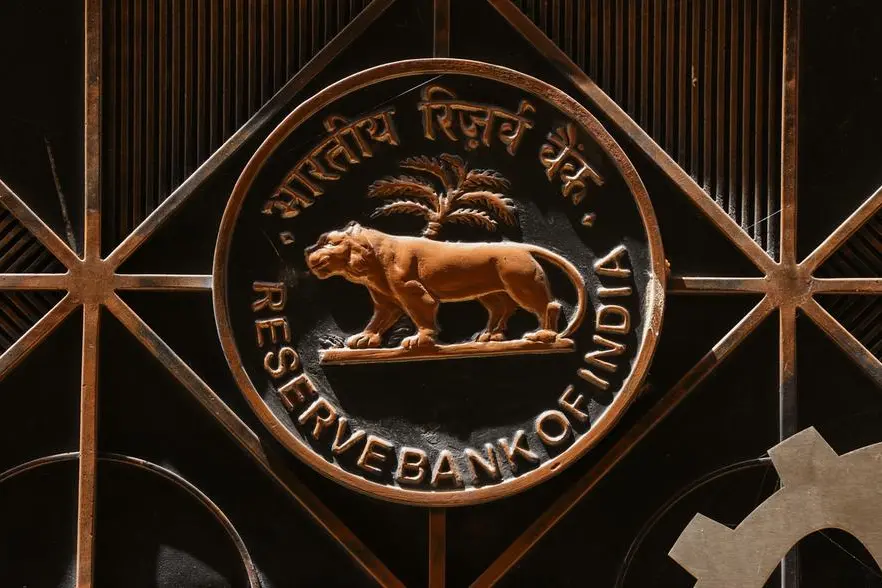PHOTO
Indian banks put forth their concerns over elevated overnight rates at a money markets association meeting last week and have informally asked the Reserve Bank of India to help manage liquidity, senior treasury officials said on Wednesday.
The weighted average overnight call money rate has remained above the repo rate for four weeks now and jumped above the marginal standing facility (MSF) rate in the fortnight ending May 19.
The weighted average rate for TREPS, a collateralised form of borrowing, has largely remained around the MSF rate, currently at 6.75%. The RBI's repo rate is at 6.50%.
Banks met officials from the Fixed Income Money Market and Derivatives Association of India (FIMMDA) last week to raise the issue of persistently high overnight rates.
"We have orally discussed with them (RBI), but there has not been any formal written communication," a senior treasury official at a state-run bank said.
"We have asked them to smoothen the current skewed liquidity position, but the broad feedback from the RBI and banks is that upcoming bond maturities will subsequently aid to mend that."
FIMMDA and RBI officials did not respond to Reuters' emails seeking comment.
"Most banks have been on the borrowing side since the middle of April as they face credit growth as well as tax outflow pressures, while inflows have not matched up," another treasury official said.
All the officials spoke on condition of anonymity as they are not allowed to speak to the media.
Traders further said, even though a repo auction could have been apt at this juncture, the RBI may not immediately conduct one.
RBI ACTION UNLIKELY
India's banking system liquidity surplus has averaged over 550 billion rupees ($6.73 billion) in May, but most of the surplus is in the hands of a few large banks forcing most lenders to rely on market borrowings to meet reserve needs.
Even as overnight rates stay elevated, treasury officials are not anticipating any infusion from the RBI as they expect liquidity conditions to improve in due course.
"The RBI may prefer rates to remain between repo and MSF as they also want to curb inflation and would not be comfortable if overnight or short-term rates fall sharply," said VRC Reddy, treasury head of Karur Vysya Bank.
Inflows of over 1 trillion rupees are to take place in the next few days as two government securities mature.
"Also, since the RBI is undertaking spot dollar purchases since the last few days, there is a natural increase in rupee liquidity and hence, any major action is not warranted at the current juncture," a trader with a private bank said.
Moreover, the market is also anticipating surplus transfer from the RBI to the government in the next few days and that will eventually add to systemic liquidity through government spending.
That dividend transfer, according to traders, could top 1 trillion rupees ($12.23 billion), sharply above the budgeted 480 billion rupees. ($1 = 81.7800 Indian rupees) (Reporting by Dharamraj Dhutia and Siddhi Nayak; Editing by Savio D'Souza)
Reuters





















